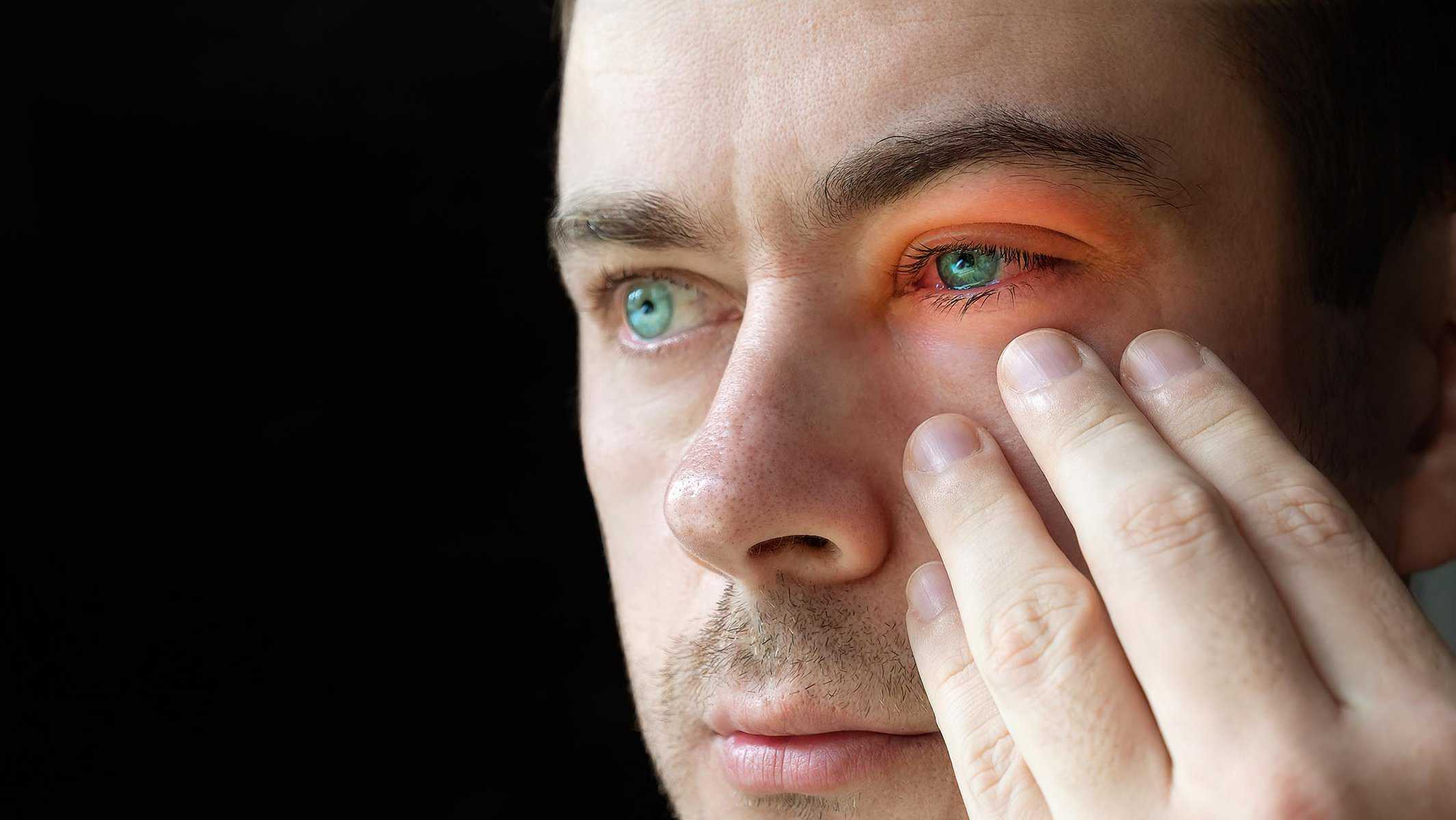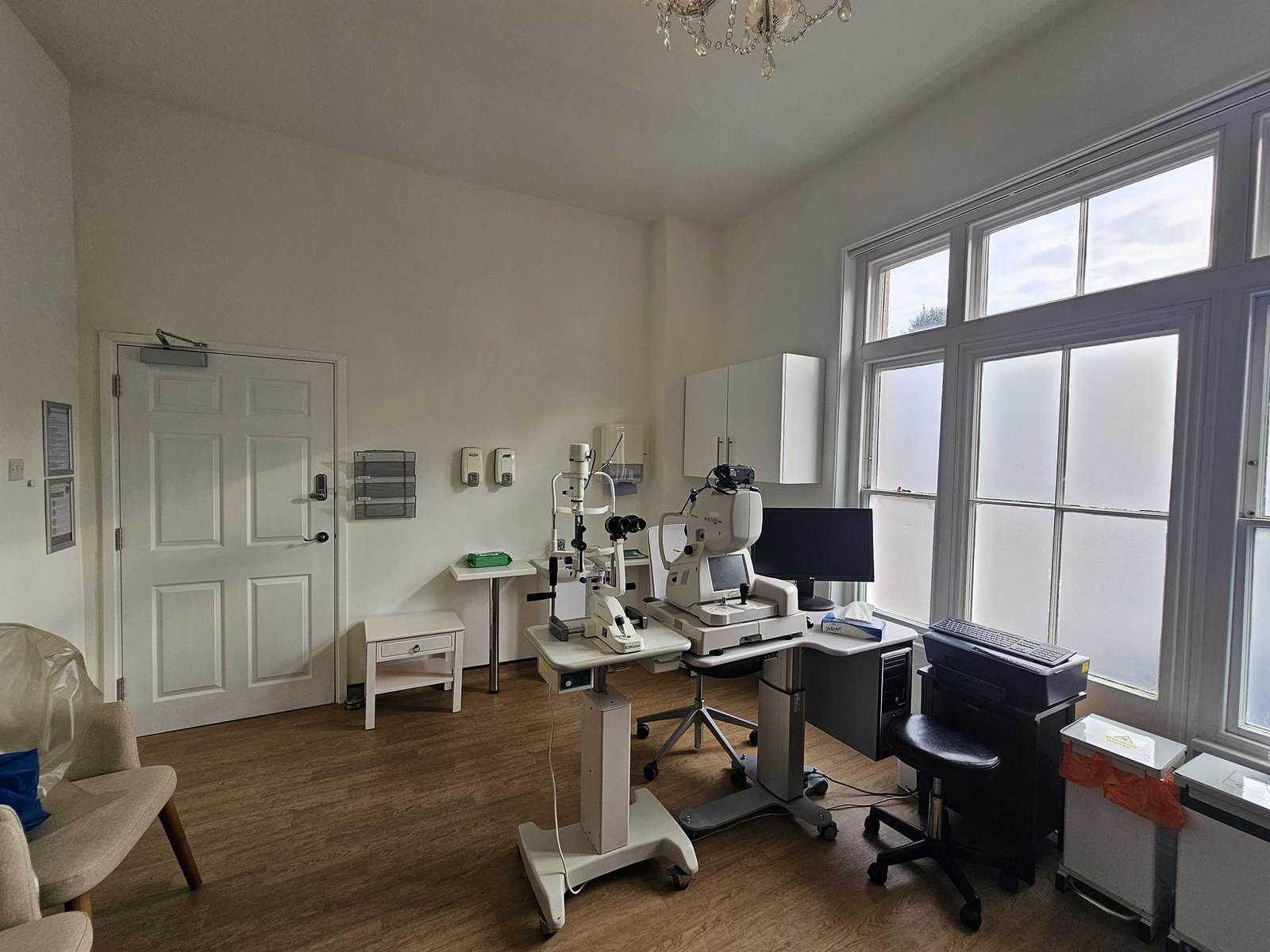Blepharitis Treatment

Overview
Blepharitis is an inflammatory condition that affects the eyelids, causing redness, irritation, and crusting at the base of the eyelashes. It can be a chronic issue, leading to discomfort and potential complications if left untreated. Early diagnosis and proper management are crucial to alleviate symptoms and prevent further complications. At The Forbury Clinic, we specialise in the comprehensive treatment of blepharitis, offering personalised care to improve your eye health. Contact us today to learn more and schedule a consultation.


What is Blepharitis?
Blepharitis is a common condition characterised by inflammation of the eyelids. It typically affects the part of the eyelid where the eyelashes grow. There are two main types of blepharitis: anterior blepharitis, which affects the outside front edge of the eyelid, and posterior blepharitis, which affects the inner edge of the eyelid that comes in contact with the eye. Symptoms of blepharitis include red, swollen, and itchy eyelids, a gritty sensation in the eyes, flaking of the skin around the eyes, and crusting at the base of the eyelashes. In severe cases, it can lead to blurred vision and loss of eyelashes.
Causes and Risk Factors
Causes
Blepharitis can develop due to various factors, including:
Bacterial Infection:
Staphylococcus bacteria are a common cause.
Seborrheic Dermatitis:
A skin condition that causes flaky skin and dandruff.
Rosacea:
A skin condition that causes redness and pimples, often on the face.
Allergies:
Reactions to eye drops, contact lens solutions, or makeup.
Mite Infestation:
Tiny mites living in the eyelash follicles can cause irritation.
Clogged Oil Glands:
Blocked glands in the eyelids can lead to inflammation.
Risk Factors
Age:
More common in adults over 50.
Skin Conditions:
Those with dermatitis or rosacea are at higher risk.
Allergies:
Individuals with allergic reactions are more prone to blepharitis.
Poor Eyelid Hygiene:
Infrequent cleaning of the eyelids can contribute to the condition.
Understanding these causes and risk factors helps in the early diagnosis and effective management of blepharitis, improving patient outcomes.
Diagnosis
Diagnosing blepharitis involves a comprehensive evaluation at The Forbury Clinic. The diagnostic process includes:
- Initial Consultation: Discussing symptoms, medical history, and potential risk factors with a specialist.
- Eyelid Examination: Using magnification to examine the eyelid margins and bases of the eyelashes.
- Tear Film Analysis: Evaluating the quality and quantity of the tear film.
- Bacterial Culture: Taking a sample from the eyelid to check for bacterial infection.
- Skin Testing: Assessing for underlying skin conditions or allergies.
These steps ensure a thorough and accurate diagnosis, aiding in the development of an effective treatment plan.

Treatment Options
Based on the diagnosis, various treatment options for blepharitis may be considered:
- Non-Surgical Options
- Medical Treatments
- Innovative Treatments
Eyelid Hygiene:
Regular cleaning of the eyelids with warm water and mild soap.
Warm Compresses:
Applying warm compresses to loosen crusts and improve gland function.
Antibiotic Ointments:
Applying topical antibiotics to the eyelids to treat bacterial infection.
Steroid Eye Drops:
Reducing inflammation with corticosteroid eye drops.
Artificial Tears:
Using lubricating eye drops to relieve dry eye symptoms.
Oral Antibiotics:
Prescribing oral antibiotics for severe or persistent cases.
Anti-inflammatory Medications:
Managing inflammation with oral or topical anti-inflammatory drugs.
BlephEx Treatment:
In-office procedure to remove debris and bacterial biofilm from the eyelids.
LipiFlow Thermal Pulsation:
Device-based treatment to unclog blocked meibomian glands.
At The Forbury Clinic, our multidisciplinary team ensures that each patient receives the most appropriate and effective treatment, tailored to their specific needs and health goals.
Managing Blepharitis
Managing blepharitis involves a combination of medical treatments and lifestyle adjustments to control symptoms and improve overall quality of life. At The Forbury Clinic, we provide comprehensive care and guidance to help manage this condition:
Eyelid Hygiene:
Encouraging regular eyelid cleaning to prevent flare-ups.
Dietary Changes:
Recommending a diet rich in omega-3 fatty acids to improve gland function.
Avoiding Irritants:
Advising patients to avoid potential irritants like certain cosmetics and contact lens solutions.
Regular Check-Ups:
Scheduling frequent check-ups to monitor eye health and adjust treatment as necessary.
These management strategies aim to complement medical treatments and provide a holistic approach to improving eye health and overall well-being.
Complications and Prognosis
While blepharitis treatment is generally effective, it is important to be aware of potential complications and the prognosis:
Complications:
- Chronic Discomfort: Persistent irritation and discomfort in the eyelids.
- Infection: Increased risk of bacterial infections.
- Eyelash Problems: Loss or misdirection of eyelashes.
- Dry Eyes: Reduced tear production leading to dry eye symptoms.
Prognosis:
The prognosis for patients with blepharitis is generally positive with proper management. Regular treatment and good eyelid hygiene can significantly reduce symptoms and improve quality of life. Early intervention and ongoing care are essential to prevent complications and ensure optimal eye health.


Why Choose The Forbury Clinic?
Choosing The Forbury Clinic for your blepharitis treatment ensures you receive exceptional care from a team of experienced specialists. Our clinic is renowned for its expert medical staff who are dedicated to diagnosing and treating eye conditions with precision and compassion. We use state-of-the-art diagnostic tools and the latest medical advancements to provide accurate diagnoses and innovative treatments tailored to your specific needs. Our patient-centered approach prioritises your comfort, privacy, and overall well-being, offering comprehensive support throughout your treatment journey. At The Forbury Clinic, you can trust that you are in capable hands, with a dedicated team committed to helping you achieve optimal eye health and a better quality of life.
